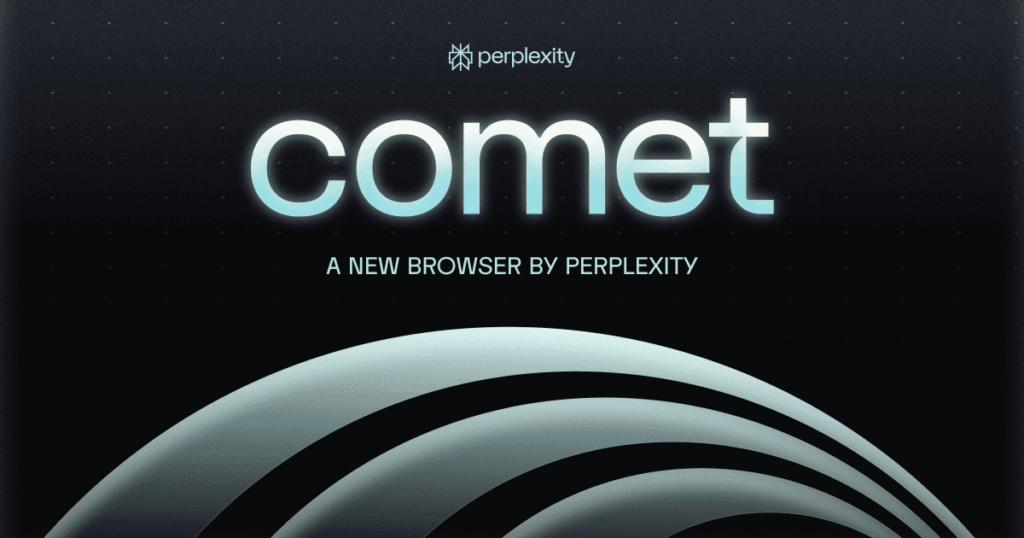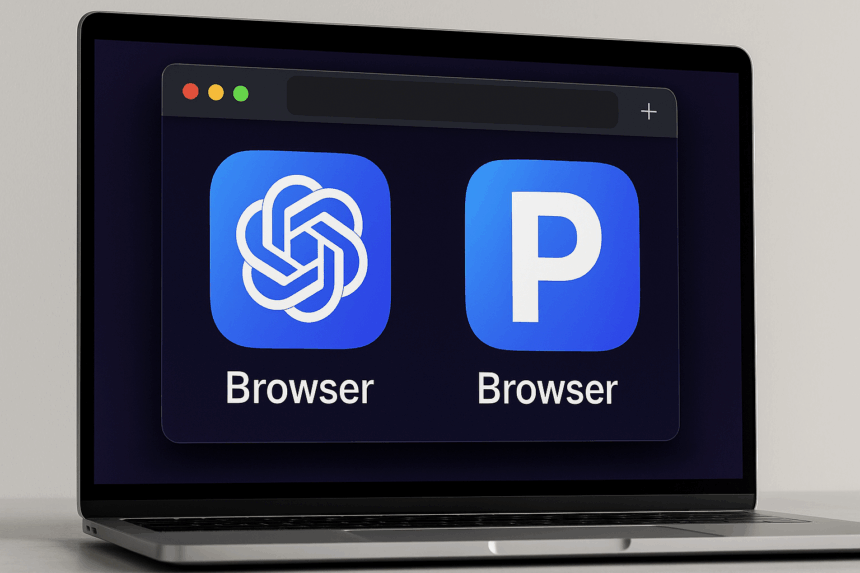OpenAI steps into the web browser arena, unveiling plans to launch its own browser in the coming weeks. This decision puts it in direct competition with Google Chrome, the world’s dominant browser. Alongside Perplexity AI’s debut of its browser, this marks a new battleground where AI-powered tools are reshaping how users navigate the internet.
What’s Happening & Why This Matters

Rumors about OpenAI’s browser first surfaced in November 2024. The upcoming product promises to transform online searching by embedding OpenAI’s AI assistant, Operator, directly into the browsing experience. Operator handles tasks such as filling out forms, ordering groceries, and even creating memes. Currently, Operator is available with a ChatGPT Pro subscription, costing $200 per month.
Just days before OpenAI’s announcement, Perplexity AI released its first browser, Comet, designed for modern internet use. Comet’s chat interface enables users to perform complex tasks through voice or text prompts, such as booking hotels or sending emails. It also costs $200 per month under the Perplexity Max plan.
Together, OpenAI and Perplexity aim to challenge Google Chrome, which holds nearly 70% of the global browser market. While Chrome’s dominance is formidable, OpenAI’s ChatGPT boasts an estimated 400 million daily active users. This massive user base could help OpenAI’s browser chip away at Chrome’s traffic.

Owning browsers lets OpenAI and Perplexity access valuable user data, a domain traditionally controlled by Google’s advertising empire. This shift could disrupt the online advertising market and alter how search and web interactions work.
Google sees chatbots like ChatGPT as a real threat. Since ChatGPT’s launch in 2022, Google declared an internal “code red” and launched its chatbot, Bard (now Gemini). Yet, ChatGPT remains the leading AI chatbot, prompting Google to incorporate AI summaries in search results.
Interestingly, OpenAI has expressed interest in buying Chrome if the U.S. Department of Justice forces Google to sell it amid antitrust scrutiny. Yahoo has also shown similar interest.

However, OpenAI faces legal hurdles. In April 2025, Ziff Davis (owner of Mashable, PCMag, IGN, ZDNet) sued OpenAI for copyright infringement related to AI training data.
TF Summary: What’s Next
OpenAI’s browser launch alongside Perplexity’s entry sets the stage for a fierce browser competition fueled by AI innovation. Both target improving browsing with task-driven AI assistants.
This could erode Google Chrome’s dominance and enhance user data control and digital advertising. TF predicts rapid developments and browser integration acceleration.
— Text-to-Speech (TTS) provided by gspeech


